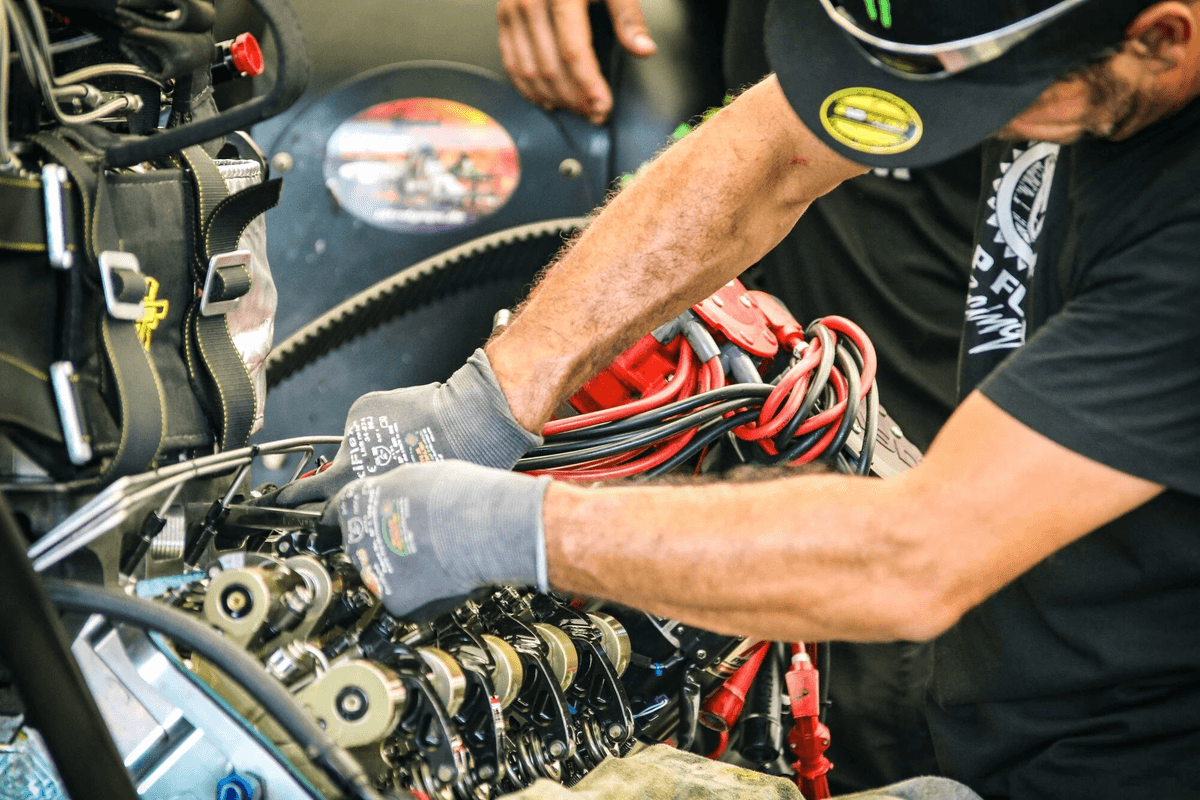
Hydraulic motors play a pivotal role in the operation of heavy machinery and equipment, converting hydraulic energy into mechanical motion. In New Jersey, businesses relying on hydraulic systems need to understand the significance of maintenance and repair services to ensure optimal performance. Delays or failures in these systems can lead to inefficiencies, increased operational costs, and even safety hazards. This guide delves into the essentials of hydraulic motor repair, shedding light on the processes involved, signs of malfunction, and the importance of professional services.
Recognizing the signs of hydraulic motor issues can save you time and money. There are several indicators that can alert you to the need for repair. For instance, unusual noises during operation, such as grinding or whining, often signal that components are malfunctioning. Additionally, sluggish performance or a loss of power can suggest hydraulic fluid is leaking or that the motor is failing to generate sufficient torque. Unexplained vibrations or overheating can also indicate underlying problems. Observing these signs promptly allows you to address issues before they escalate, thereby ensuring the longevity of your equipment.
Regular maintenance of hydraulic motors is crucial. Just like any other mechanical system, these motors require inspection and upkeep to function at peak levels. Scheduled maintenance can include checking fluid levels, inspecting hoses and connections, and replacing filters when necessary. By adhering to a routine maintenance schedule, you can identify potential problems early and address them before they cause significant downtime or costly repairs. Furthermore, maintaining optimal hydraulic fluid quality prevents contamination, which can lead to extensive damage over time.
When it comes to repairs, understanding the typical processes involved is essential. A thorough assessment of the hydraulic motor often begins with a diagnostic inspection. Technicians check for external leaks, evaluate the condition of hydraulic fluid, and run tests to determine the motor's efficiency. Once the diagnosis is complete, a detailed repair plan is developed. This may involve disassembling the motor to replace worn or damaged parts, cleaning internal components, and reassembling the unit with precision. Each step is vital to restoring the motor's performance and ensuring it operates as intended.
Selecting a competent repair service is equally important. The expertise of technicians can significantly influence the effectiveness of the repair. Look for providers that have a strong reputation for hydraulic motor repair in New Jersey. Reading customer reviews and testimonials can provide insights into the quality of service offered. Certifications and affiliations with industry associations can also indicate a commitment to professional standards and ongoing education in hydraulic technologies. New Jersey hydraulic motor repair is willing to share their repair processes, ensuring transparency and building trust.
In addition to traditional repair methods, advancements in technology have introduced innovative solutions. For example, some companies now utilize predictive maintenance techniques, which leverage data analysis to forecast potential failures before they occur. This proactive approach can greatly reduce downtime and maintenance costs, allowing businesses to operate more efficiently. Such technological improvements underscore the importance of staying updated with industry developments, enabling you to take advantage of the most effective solutions available.
Moreover, understanding the cost factors associated with hydraulic motor repair can aid in budgeting for maintenance. Costs may vary based on the complexity of the repair, the parts needed, and the time required for service. However, investing in timely repairs often proves more economical than delaying service. Not only does this approach mitigate the risk of unexpected breakdowns, but it also extends the life of your equipment, thereby maximizing your return on investment. By factoring in both immediate and long-term costs, you can make more informed decisions regarding maintenance and repairs.
The environment in which hydraulic motors operate also plays a crucial role in their longevity. Environmental factors such as temperature, humidity, and exposure to contaminants can significantly impact performance. For instance, high temperatures can lead to fluid breakdown, while dirt and debris can cause wear on internal components. Implementing protective measures, such as using filters and maintaining clean working environments, can help mitigate these risks. Additionally, providing adequate training for operators on best practices can further enhance the lifespan of hydraulic systems.
Ultimately, the significance of hydraulic motor repair in New Jersey cannot be overstated. Ensuring the reliability and efficiency of hydraulic systems affects not only production capabilities but also workplace safety. By recognizing signs of malfunction, investing in regular maintenance, and choosing qualified repair services, you can preserve the performance and durability of your hydraulic equipment. The cultivation of a proactive approach to maintenance and repair not only safeguards operational integrity but also supports overall business success.
In conclusion, while hydraulic motors are vital components of many industries, their maintenance and repair require careful attention and expertise. Understanding the nuances of hydraulic motor function, recognizing the signs of failures, and investing in professional repair services can enhance equipment reliability and longevity. As technology continues to evolve, staying abreast of the latest advancements will empower you to make informed decisions that drive efficiency and safety in your operations. Relying on proper maintenance and expert services ensures that your hydraulic systems remain in prime condition, thus contributing to sustainable business growth.